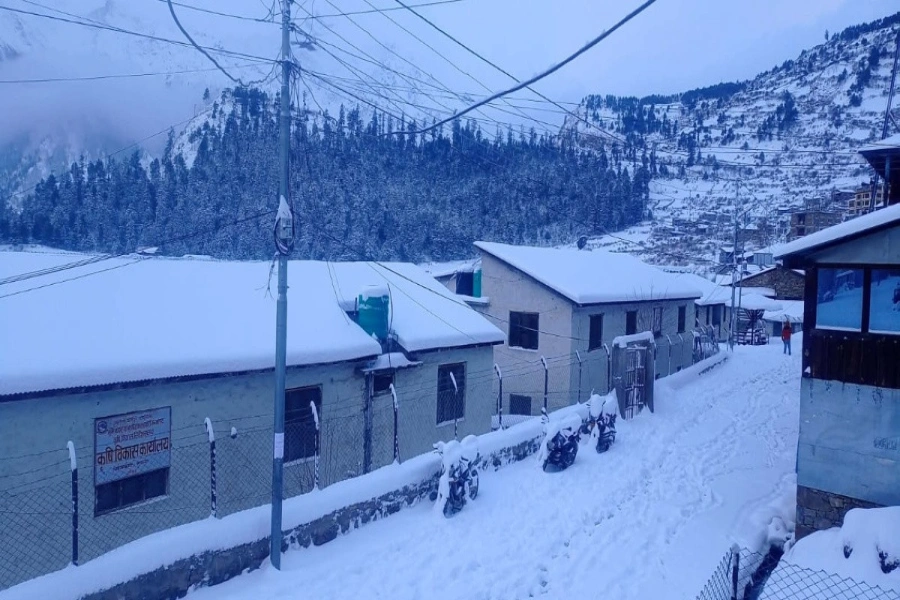KATHMANDU, Oct 26: Import of ready to eat foods is increasing with each passing year.
Though wide range of ready to eat food products like biscuits, noodles and other snacks are produced in different parts of the country, large volume of such products are being imported from different countries.
Industrialists say that the domestic industries are not flourishing because of lack of government support, electricity shortage and lack of skilled manpower. Harsha Garga, director of Jagadamba Foods, said that political instability in the country has directly affected the industrial sector.
Industrialists say that the government should provide special facilities to industries producing food products. “If the government lowers tax on ready to eat food products like biscuits and noodles, domestic products can easily compete with the imported ones,” added Garga.
Though different domestic industries are producing biscuits of high quality, the country is importing biscuits worth millions of rupees annually. Government data shows biscuits are imported from as many as 28 countries to fulfill the domestic demand.
According to the data of Trade and Export Promotion Center (TEPC), Nepal imported biscuits worth Rs 1.5 billion in the Fiscal Year 2015/016.
There are around 20 big biscuit producers in the country. Biscuits produced by some industries are of international standard and that they can compete with any imported brands, industrialists say. Demand of Nepali biscuits is growing at the rate of 12 percent annually, they added.
Industrialists say domestic industries are gradually expanding their market. They are confident that domestic industries can meet the market demand if there is good business doing environment in the country as well as skilled manpower and smooth supply of industry. Industrialists also say that the market of Nepali biscuit industries is not growing also because of lack of promotion.
Some industries are producing 30 different types of products and their monthly output is around 1,500 tons. According to industrialists, domestic industries meet 60-70 percent of demand for biscuits.
Nepal also imports large volume of dalmoth from different countries. There are around half a dozen dalmoth industries in Kathmandu alone. They import most of the raw materials like refined, bleached and deodorized oil, soybean, flour, lentil and peanut from India.
Traders, however, say that Nepali dalmoth is failing to compete with imported brands.
Most of the domestic dalmoth industries are established with low investment and they do not focus on branding and proper packaging.
According to Trade and Export Promotion Center (TEPC), Nepal imported dalmoth worth Rs 442 million from 14 countries in the last fiscal year.
Nepal also imports sauce from 26 different countries. Import of sauce is increasing despite the government's plan to increase sauce production by providing different incentives to domestic industries.
TEPC data shows sauce worth Rs 410 million was imported into the country in 2015/16.
Similarly, Nepal imports potato chips from nine different countries. According to TEPC, potato chips are brought from countries like China, Malaysia, Thailand, the UAE, the US, Germany, England and Malta. The country spends Rs 50 million annually for these potato chips.
Nepal also imports dairy products from 20 different countries. According to the government data, 200 tons of cheese worth Rs 57 million was imported in the country in 2015/16.
Nepal has more than three dozen cheese factories. These industries produce around 1.6 tons of cheese and 250 kg butter on a daily basis.
Dairy farmers have been requesting the government to arrange concession loan, build cold storage facilities and help them in export of cheese produced by them.
Handicraft products and Herbal /organic products in Monsoon edi...






































